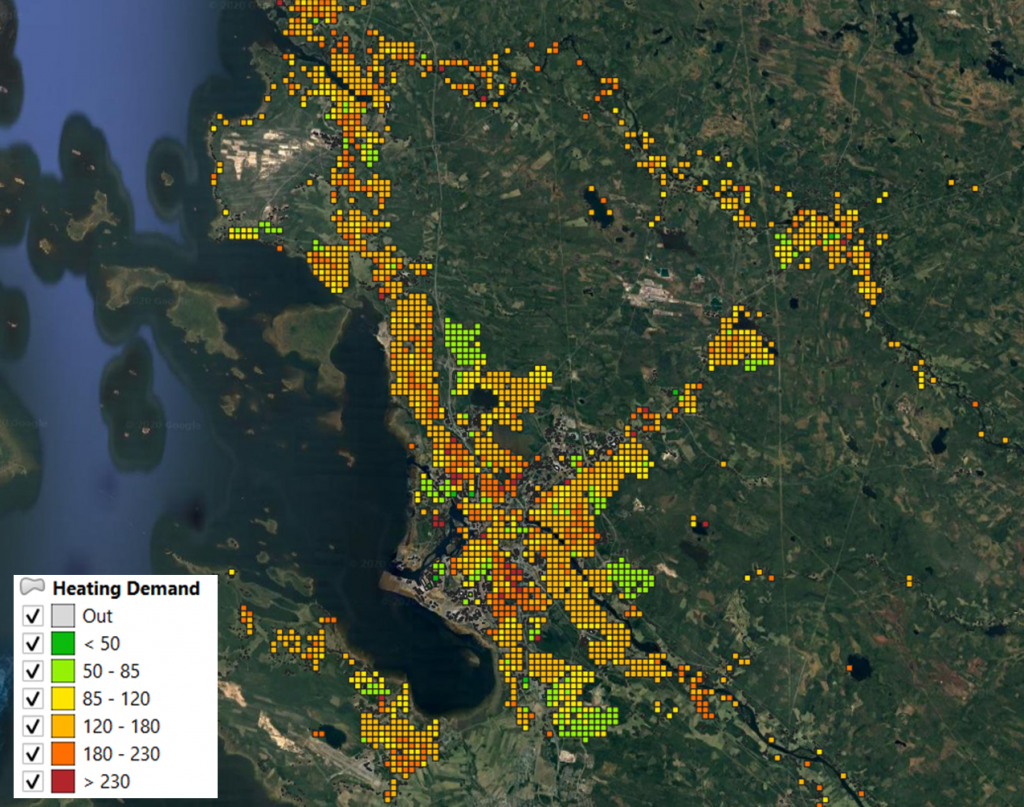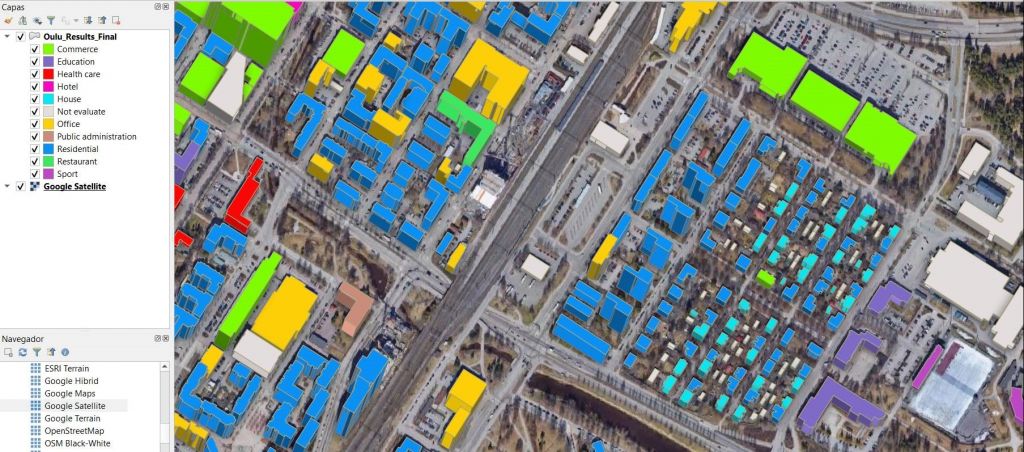
For the design and implementation of a plan for a successful energy transition of cities towards a low-carbon future, the MAKING-CITY project is working on the definition of a holistic methodological approach that is being applied in the 8 cities of the project.
One of the key aspects of this methodological approach for Advanced Long-Term Planning, which is being developed by Tecnalia Research & Innovation in close collaboration with the other project partners, is closely related to the various modelling approaches and tools used throughout the planning process.
The first phase of the methodology has been successfully completed for the cities of the project. This phase focuses on the energy characterisation of the building stock of the city using the ENERKAD® tool, co-created by Tecnalia. ENERKAD® is based on the so-called Building Stock Models (BSM) and is an urban scenario energy assessment tool which performs energy and environmental evaluations, based on basic cartography, cadastral, and climatic information of the area under study. In the MAKING-CITY project, the annual and hourly energy demands, consumptions and environmental emissions are calculated at building level for each city, allowing the comparison of current and future scenarios based on the deployment of different sustainable strategies. The results are obtained through 2D and 3D models using a user-friendly interface based on the standard QGIS, allowing a quick visualisation and interpretation of the results.
3D Model plot obtained from the ENERKAD® tool in MAKING-CITY project
The results obtained allow a rapid evaluation of the energy and environmental performance of the building sector in each of the cities of the project (see the case of Oulu in the image below). These results provide relevant information both for an initial diagnosis of the city and for the definition of scenarios in which different sustainable future alternatives for the city are evaluated. The results obtained provide relevant information that is used in the project as some of the criteria for the identification and selection of PEDs along the different cities. Furthermore, the models generated allow the evaluation of some of the main effects associated with the implementation and replication of the PED concept developed by the MAKING-CITY partners. This will be a crucial aspect for the next steps of the project.

Post written by Eneko Arrizabalaga and Nora Fernandez Perez (Tecnalia).

